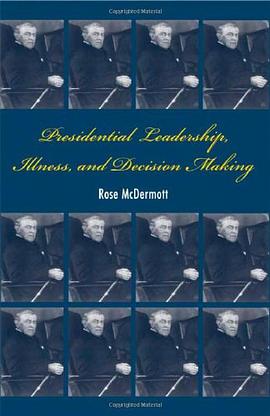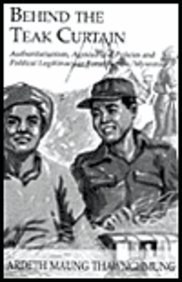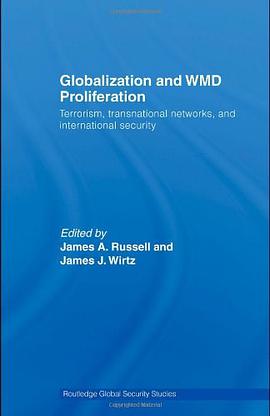

Examines the impact of medical and psychological illness on foreign policy decision making. Illness provides specific, predictable, and recognizable shifts in attention, time perspective, cognitive capacity, judgment, and emotion, which systematically affect impaired leaders. In particular, this book discusses the ways in which processes related to aging, physical and psychological illness, and addiction influence decision making. This book provides detailed analysis of four cases among the American presidency. Woodrow Wilson's October 1919 stroke affected his behavior during the Senate fight over ratifying the League of Nations. Franklin Roosevelt's severe coronary disease influenced his decisions concerning the conduct of war in the Pacific from 1943-1945 in particular. John Kennedy's illnesses and treatments altered his behavior at the 1961 Vienna conference with Soviet Premier Khrushchev. And Nixon's psychological impairments biased his decisions regarding the covert bombing of Cambodia in 1969-1970.
具體描述
讀後感
評分
評分
評分
評分
用戶評價
相關圖書
本站所有內容均為互聯網搜索引擎提供的公開搜索信息,本站不存儲任何數據與內容,任何內容與數據均與本站無關,如有需要請聯繫相關搜索引擎包括但不限於百度,google,bing,sogou 等
© 2025 qciss.net All Rights Reserved. 小哈圖書下載中心 版权所有




















